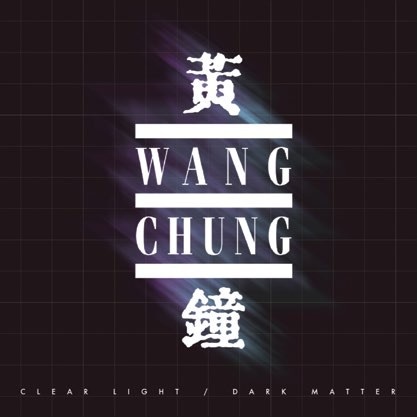WANG CHUNG
Clear Light/Dark Matter SING
Prog-adjacent 80s pop duo get career overview.

It’s always interesting to look at the disparity between the way the UK and the US viewed many 80s acts. Over there, the likes of The Police, The Fixx and Flock Of Seagulls were viewed as proper rock bands, while in the UK, because they featured in pop mags such as Smash Hits, serious-minded music fans turned their noses up. Case in point Wang Chung, a band who found more fame in the US and who are still out there wowing fans on the retro 80s circuit. As far as prog is concerned, despite the fact that founding duo Jack Hues and Nick Feldman were prog fans looking to have a crack at musical success in a story similarly echoed by many 80s prog-pop artists (Tears For Fears spring to mind), Hues’ more recent dalliances with jazz fusion and Canterbury-esque prog with his mates in Syd Arthur means he’s no stranger to some reading this. Of equal interest is that the late Atomic Rooster drummer Paul Hammond was an early bandmember and Mel Collins plays on their impressive second album, 1983’s Points On The Curve. This career retrospective, the band’s first in more than 20 years, features that album’s big hits, Dance Hall Days and Don’t Let Go, but what made Wang Chung such a prog-adjacent curio was their decision to follow that album with the soundtrack to William Friedkin’s classy 1985 thriller, To Live And Die In LA, which remains possibly their finest hour. Sadly, but expectably, the instrumentals don’t feature here (although Hues tells Prog a full reissue is on the cards), but you can hear their musical inquisitiveness shining through on the title track and the moody Wait. Their 1986 album, Mosaic, offered up the big US hit Everybody Have Fun Tonight (newly remixed here), but the UK was largely indifferent to the duo’s charms by then. A second disc features demos, live tracks and rarities, some of which display the experimental sound from the band’s earliest days as Huang Chung, meaning ‘yellow bell’, which the band adapted once they’d moved from Arista to Geffen, two of their wisest decisions ever.